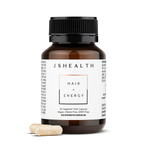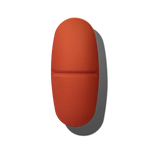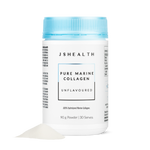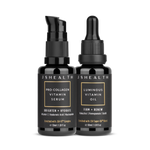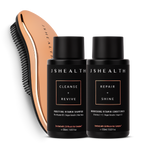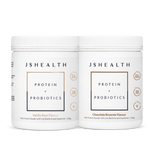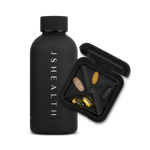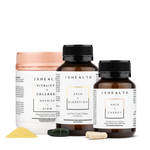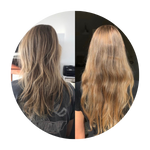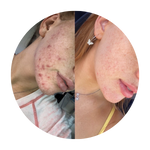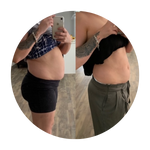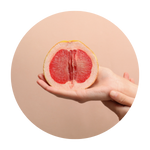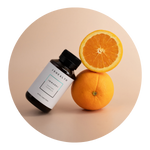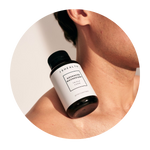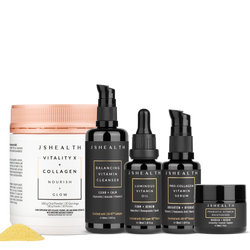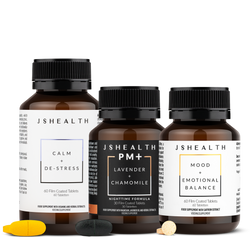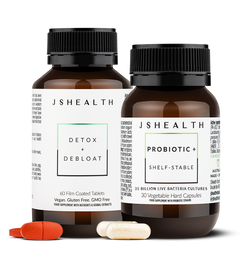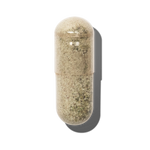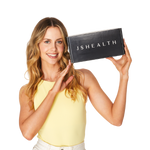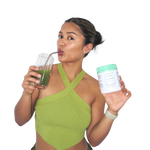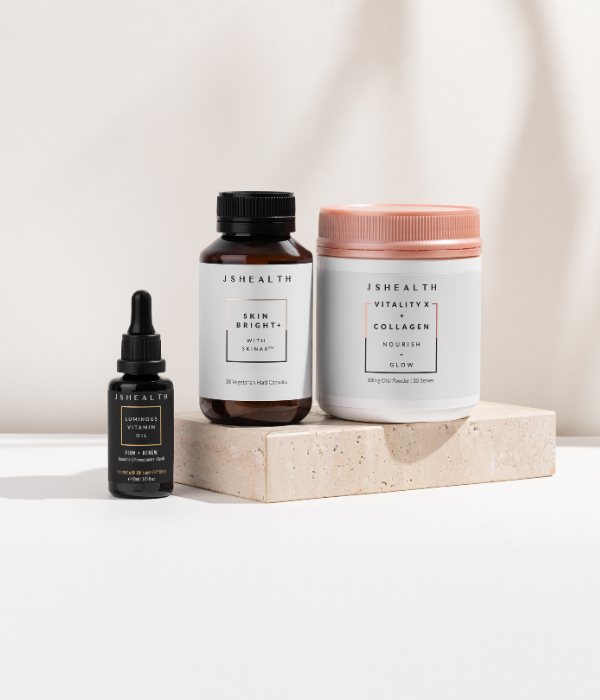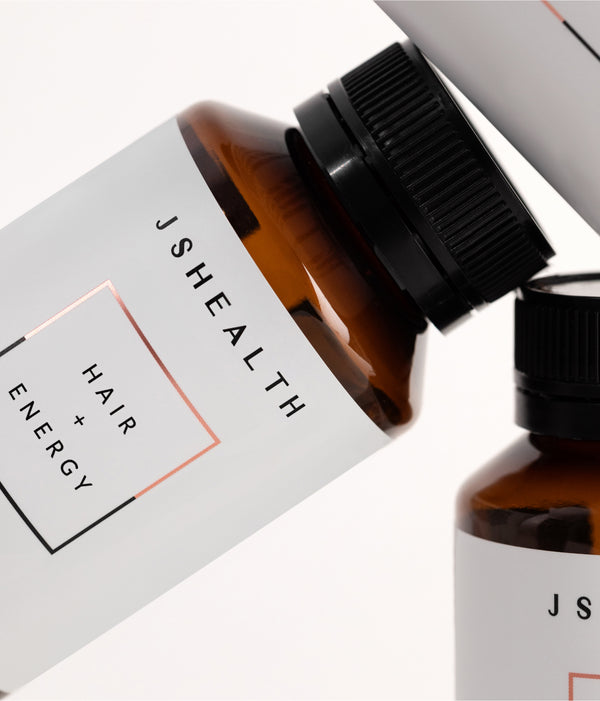Marine vs. Bovine Collagen – What's the Difference?
Collagen is an essential building block in the wonderful matrix of our bodies, playing a crucial role in maintaining our structural integrity and promoting healthy, glowing skin.
Choosing the right collagen supplement for you is an investment to genuinely catering for your body’s unique needs.
However, not all collagen is created equal! With more than 28 types of collagen discovered and sourced from different origins, understanding the differences between them can help you determine the most suitable option for your needs.
What Is Collagen?
Collagen is one of the body's most vital and abundant natural proteins.
Due to its fibre-like structure, collagen provides strength and support by helping to form connective tissue — crucial tissue that is a significant “connecting” component of our bones, cartilage, muscles, skin and tendons.
Collagen in our connective tissue allows our bodies to be strong, resilient, and able to stretch, bend and move.
The differences between collagen types ultimately come down to how their molecules are arranged, where they are used in the body, and if they include any additional cell components.
Of those 28, there are five that scientists consider the “primary” types of collagen found in the highest quantities in the body.
-
Type I: 90% of the collagen in the body is type I, a densely packed, structural protein found in our bones, ligaments, skin and tendons.
-
Type II: Type II collagen is responsible for supporting our joints and makes up most of the body’s elastic cartilage.
-
Type III: Our arteries, muscles and organs are made up of type III collagen.
-
Type IV: Along with type I, the skin is also comprised of type IV collagen.
- Type V: Type V collagen is a more “specialised” form, making up the corneas of the eyes, the hair, some layers of the skin and the placenta of people who are pregnant.
Signs of Collagen Loss
As we age, our natural collagen production slows down more and more (at the rate of the body producing about one percent less collagen each year).
Other factors contribute to an even quicker collagen breakdown — menopause, smoking, chronic sun exposure (especially without wearing appropriate sunscreen) and a diet high in refined carbohydrates or sugar.
Some of the more visible signs of collagen loss include:
- A loss of skin fullness, especially in the cheeks and around the eyes
- An increase in fine lines and wrinkles (especially on the face)
- Brittle hair and nails
- Dryer, less hydrated skin
- Thinner, more “crepey” appearing skin
Collagen loss can also start to impact the inside of the body, leading to stiffer, sore joints and achy muscles.
The right collagen supplements can support the body’s natural production as it declines. These supplements should also be combined with a focus on living a balanced and healthy lifestyle.
Types of Collagen Supplements
Knowing the differences between the two main types of collagen supplements can help you find your perfect match.
Marine Collagen
This is sourced from sea life (primarily the skin and scales of fish, such as cod or snapper). When the fish are processed, the collagen protein is removed and then processed through hydrolysis to transform it into smaller, more biologically available and easier-to-dissolve units called collagen peptides.
Most marine collagen is odourless and tasteless, so you don’t have to worry about it tasting “fishy.”
This type of collagen made up mostly of type I and II collagen, which makes it especially beneficial for helping to support overall skin health. Research shows that marine collagen is up to 1.5 more “bioavailable,” (absorbed by your body) in comparison to bovine collagen.
Bovine Collagen
Bovine collagen is produced from cows (specifically their bones, skin and other byproducts). While bovine collagen also contains type I collagen, like marine collagen, it is also high in type III — an important distinction.
Bovine collagen also goes through the hydrolysation process, breaking it down into more readily absorbed pieces.
Similarly to marine collagen, most bovine collagen supplements don’t carry the taste of their origin. They are generally either completely neutral in flavour, or enhanced with a more palatable taste.
Because of the dominant type of collagen in bovine sources, it may be more beneficial for systemic issues like joint pain and bone loss. If your primary focus is addressing external issues such as age-related concerns, marine collagen may be the ideal choice for you.
Note: We recommend consulting your healthcare provider before incorporating any new supplements into your routine, and always reading the label and following the directions on the product.
Sources:
Type I Collagen - an overview | ScienceDirect Topics
Skin anti-aging strategies | PMC
Fish Collagen: Extraction, Characterization, and Applications for Biomaterials Engineering | PMC
Is Bio-Designed Collagen the Next Step in Animal Protein Replacement? | The New York Times
